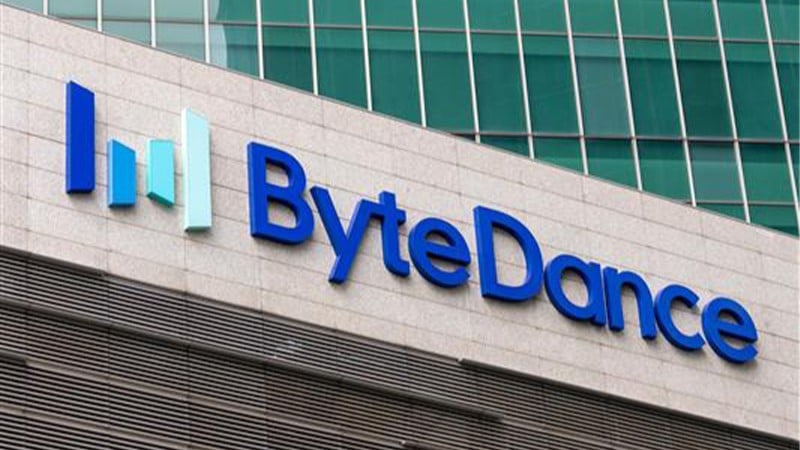June 2024
Article
5 minutes
HeartFlow: combating heart disease with AI-generated models
Claire Shaw – Portfolio Director
- Heart disease is the number one cause of death globally
- Medical technology company HeartFlow is revolutionising heart disease diagnosis with artificial intelligence (AI)
- Its non-invasive cardiac tests address a large untapped market and are more cost-effective and accurate than existing diagnostic tools
Heart disease is responsible for 16 per cent of deaths worldwide or about nine million lives each year. Traditional methods of diagnosis can involve multiple tests, false negative results and some patient risks.
So what if there was a safer, cheaper, and more effective way to diagnose it?
This graphic from Scottish Mortgage Investment Trust shows how one of its portfolio companies, HeartFlow, uses artificial intelligence (AI) to diagnose heart disease effectively.
What is heart disease?
To understand the technology, it’s helpful to start with a definition of heart disease. Ischaemic heart disease, also known as coronary artery disease, is the most common type of heart disease.
It is caused by plaque buildup inside the blood vessels that limits blood supply and may cause heart pain, heart attacks or heart failure.
Traditionally, doctors have diagnosed heart disease in a few ways. Stress tests monitor heart activity under exercise or medication-induced stress. However, they can have downsides such as false negative results, additional required testing or high radiation exposure.
Computerised tomography (CT) scans use X-rays to view blood vessel narrowing but they do not indicate whether the blood flow is impacted.
Finally, invasive coronary angiograms take X-rays of the heart’s arteries while a catheter is inserted into the groin or wrist and threaded up to the heart. Unfortunately, this invasive test is often unnecessary, as more than half of patients who undergo the test do not have coronary artery disease.
Measuring coronary artery blood flow
Medical technology company HeartFlow has a different approach. Using CT scans and artificial intelligence, HeartFlow can create a 3D, colour-coded model of the heart. Doctors can easily see where coronary arteries are narrowing and where the blood flow to the heart is reduced.
The model also assigns a numerical value to each artery so doctors can see the extent of blood flow reduction.
| Value | Meaning |
| 1.0 | Full blood flow |
| 0.8 – 1.0 | Stent not required |
| 0.75 - 0.8 | Other clinical info required |
| 0.75 and below | May benefit from stent |
Using this information, the doctor can create an informed treatment plan for the patient. For instance, the doctor may recommend a stent, a small wire mesh tube that helps keep a narrowed artery open.
Revolutionising heart care
HeartFlow’s innovative heart models have many benefits over traditional testing. For example, they are:
- Twice as likely to identify heart disease
- Offer 26 per cent cost savings per patient
- Result in an 83 per cent reduction of unnecessary coronary angiograms
HeartFlow’s models are convenient for doctors, too, with an average turnaround time of less than five hours, no upfront capital costs and seamless integration with existing hospital IT systems.
Along with being transformational for patients and doctors, Scottish Mortgage sees HeartFlow as an exciting investment opportunity. The company represents:
- A large market: Despite receiving relatively low media coverage, heart disease is the leading cause of death worldwide
- Proven success: HeartFlow is used at 40 of the top 50 US heart hospitals and has served more than 170,000 patients
- Room for growth: HeartFlow’s relatively new technology is used for less than 5 per cent of all cardiac testing that takes place today
- Geographic prospects: More hospitals could start using HeartFlow where it is commercially available in the US, Canada, Japan and Europe
- Constant innovation: The company holds 400 patents worldwide and is researching how its software could be used in other applications, such as preventative screening or heart transplants
Half of those with coronary artery disease die undiagnosed. HeartFlow’s non-invasive personalised cardiac test is a significant improvement over the existing diagnostic tools, in terms of its costs and effectiveness. With a large opportunity and the ambition to capitalise on it, the company is leading the way in helping healthcare systems develop affordable preventative screening regimes.
About the author - Claire Shaw
Portfolio Director
Claire Shaw is a portfolio director and plays a prominent role in servicing Scottish Mortgage’s UK shareholder base. Before joining in 2019, she spent over a decade as a fund manager with a focus on managing European equity portfolios for a global client base. With a background in analysing companies and communicating investment ideas, Claire is also responsible for creating engaging content that makes the Scottish Mortgage portfolio accessible to all its shareholders. Beyond that, she works closely with the managers, meeting with portfolio companies and conducting in-depth portfolio discussions with shareholders.
Important information
This communication was produced and approved at the time stated and may not have been updated subsequently. It represents views held at the time of production and may not reflect current thinking.
This content does not constitute, and is not subject to the protections afforded to, independent research. Baillie Gifford and its staff may have dealt in the investments concerned. The views expressed are not statements of fact and should not be considered as advice or a recommendation to buy, sell or hold a particular investment.
Baillie Gifford & Co and Baillie Gifford & Co Limited are authorised and regulated by the Financial Conduct Authority (FCA). The investment trusts managed by Baillie Gifford & Co Limited are listed on the London Stock Exchange and are not authorised or regulated by the FCA.
A Key Information Document is available by visiting our Documents page.
Any images used in this content are for illustrative purposes only.






